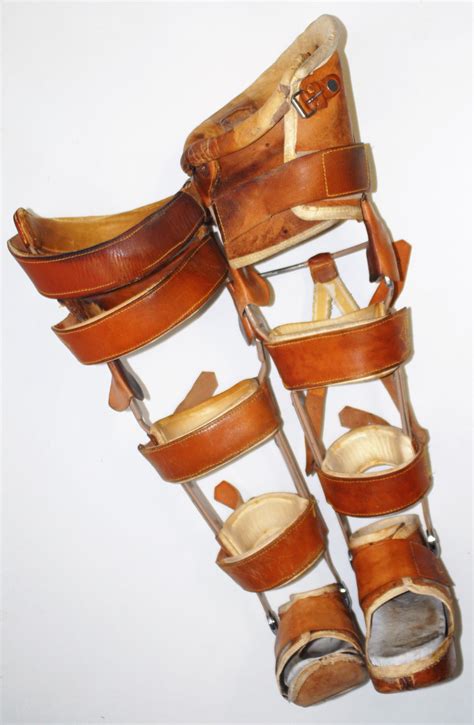Back braces and supports play a crucial role in aiding recovery after surgery and preventing further injuries. They are especially vital for those who have undergone spinal surgery or are dealing with back ailments. However, it’s generally advised not to use these braces while sleeping, as they might hinder the natural healing process during rest.
Back braces are designed to provide stability and support to the back, aiding in the recovery process and offering relief from conditions like sciatica, slipped discs, and general back rehabilitation. They work by limiting the motion of the spine in cases of fracture or post-operative care and are also effective for correcting posture.

One of the products that stand out in this category is the Supportiback Lumbar Support Cushion. Designed by physiotherapists, this cushion is made with optimum density foam that is ten times more breathable than traditional materials. Its cooling, antibacterial cover offers additional comfort and hygiene benefits. Such lumbar supports are essential for those who spend long hours seated, as they promote a natural sitting position, reduce slouching, and alleviate strain on the spine.
For enhanced back support during physical activities or manual work, back support belts are highly recommended. These belts provide stability to the mid and lower back, aiding in the prevention and management of musculoskeletal injuries. Adjustable back supports, often inflatable, offer tailored support and can be a great addition to your back care regimen.
Choosing the right back support or brace is vital for effective pain management and recovery. Factors like the type of injury, level of support needed, and personal comfort preferences play a significant role in this decision. Remember, while back supports are beneficial, they should be used as part of a comprehensive treatment plan that may include physical therapy, exercise, and medication.

